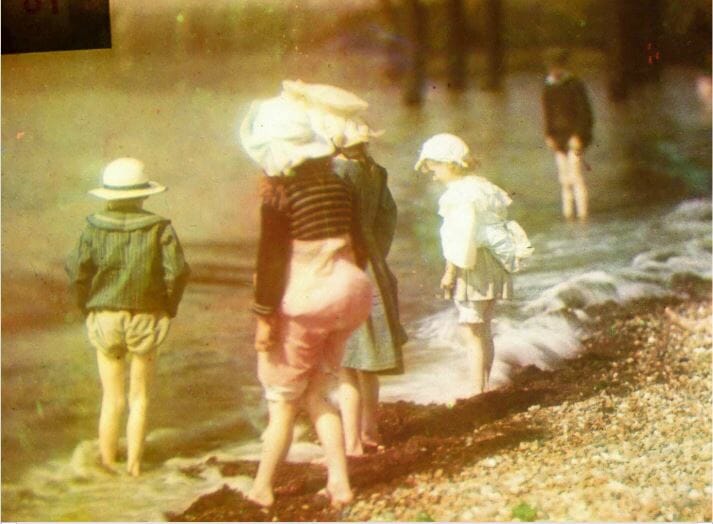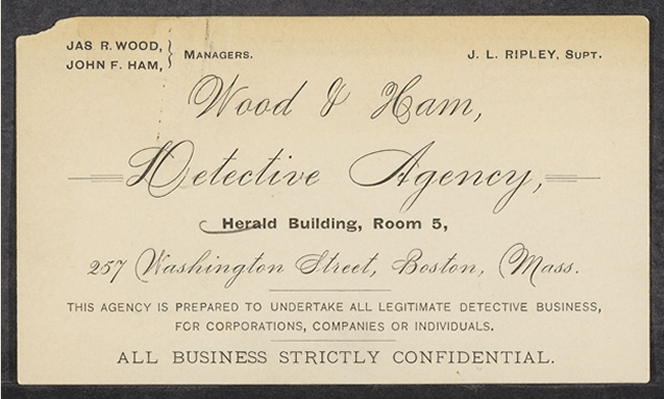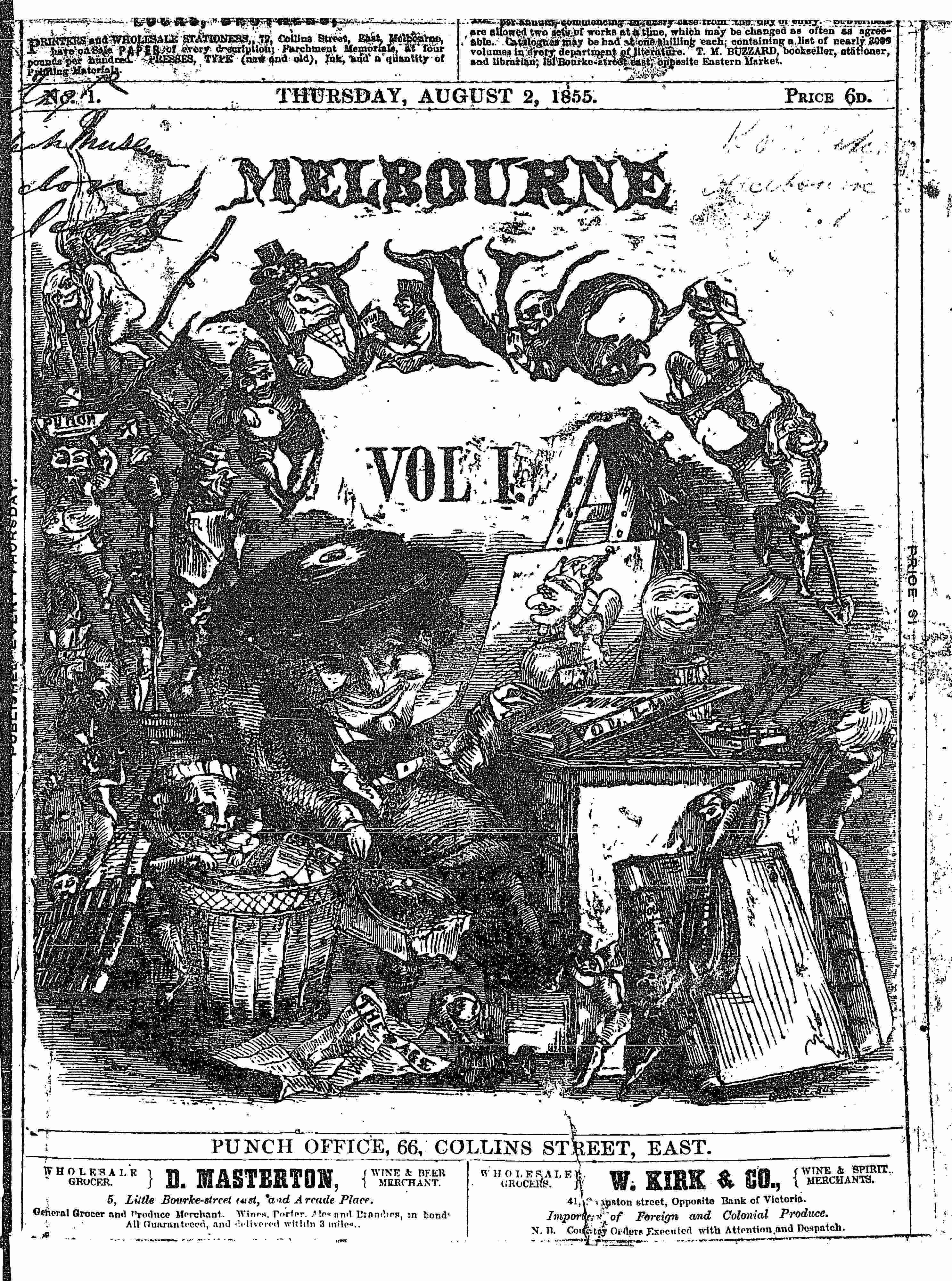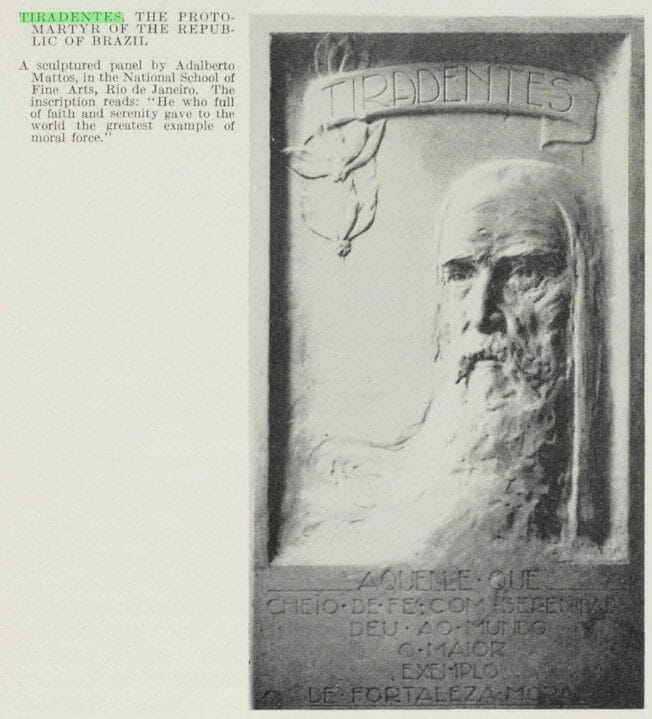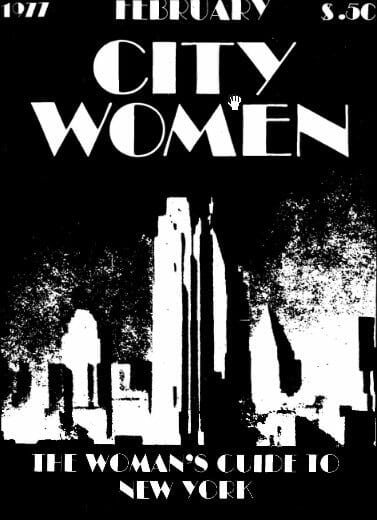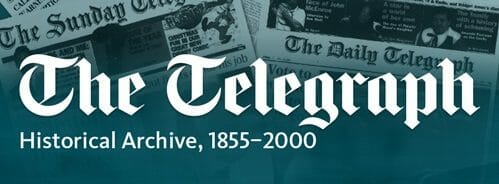Mahatma Ghandi, Winston Churchill, Benazir Bhutto. Three iconic political figures who each touched the lives of scores of people around the world during their illustrious lives. What is perhaps lesser known is that all three feature in Chatham House Online Archive, having contributed in one form or another to the world-renowned UK think tank. Ranked the second most influential think tank globally in 2015, Chatham House has offered the perfect platform for leading thinkers in their fields to voice their thoughts on the international affairs of the day.
As the EU Referendum in the UK draws ever nearer, and the ‘yes’ and ‘no’ campaigns gather pace, I took the opportunity to delve into Chatham House Online Archive; its comprehensive coverage of over 80 years of international affairs includes the last UK referendum in 1975, which saw a two-thirds majority in favour of continued European Economic Community (EEC – the precursor to the EU) membership. Looking at five pieces of content from a range of contributors reveals some intriguing insights, and continuities, which have characterised Britain’s relationship with Europe over the past forty-four years.



